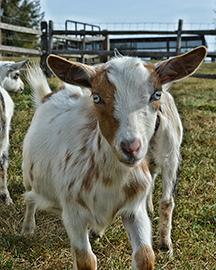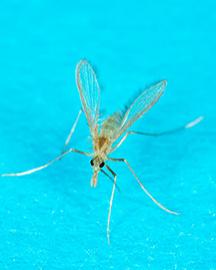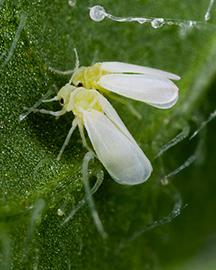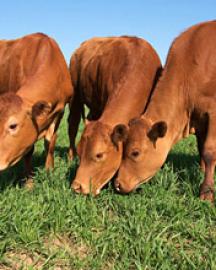Wheat Productivity Enhancement Program Boasts Successes
ARS has been a central player in the Wheat Productivity Enhancement Program (WPEP) for Pakistan, a decade-long international collaboration that will soon draw to a close. WPEP was launched as an outcome-driven science collaboration involving ARS and several international agencies and Pakistani scientific organizations. The project team worked to protect and enhance wheat productivity in Pakistan, paying particular attention to wheat rusts. Pakistan currently grows about 23 million acres of wheat. Large-scale epidemics of leaf or yellow rust caused hundreds of millions of dollars in crop losses during the last 50 years, and stem rust, including Ug99, is a looming threat to wheat growers everywhere.
WPEP scientists pursued six research objectives, leading to identification, adoption, and optimal agronomic management of new, high-yielding and disease-resistant wheat varieties, as well as improved facilities for wheat research. Due to these efforts, the spread of Ug99 wheat stem rust was halted before it could reach massive wheat-growing areas in the east. In 2011, only 9 percent of Pakistani wheat germplasm was resistant to Ug99 stem rust. In 2019, the percentage increased to 60 percent. The WPEP program significantly contributed to increased wheat production and productivity in Pakistan and resulted in 50 new, high-yielding, disease- resistant varieties being released to Pakistani farmers. The United States and other countries will also benefit from new, diverse, and unique wheat germplasm developed under WPEP.







